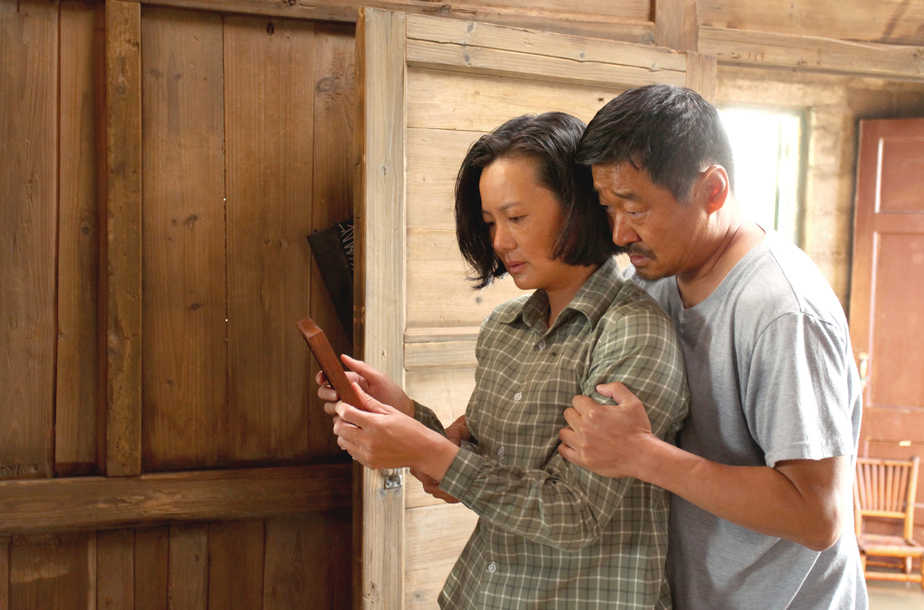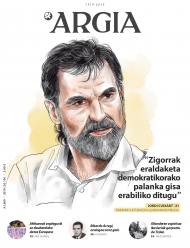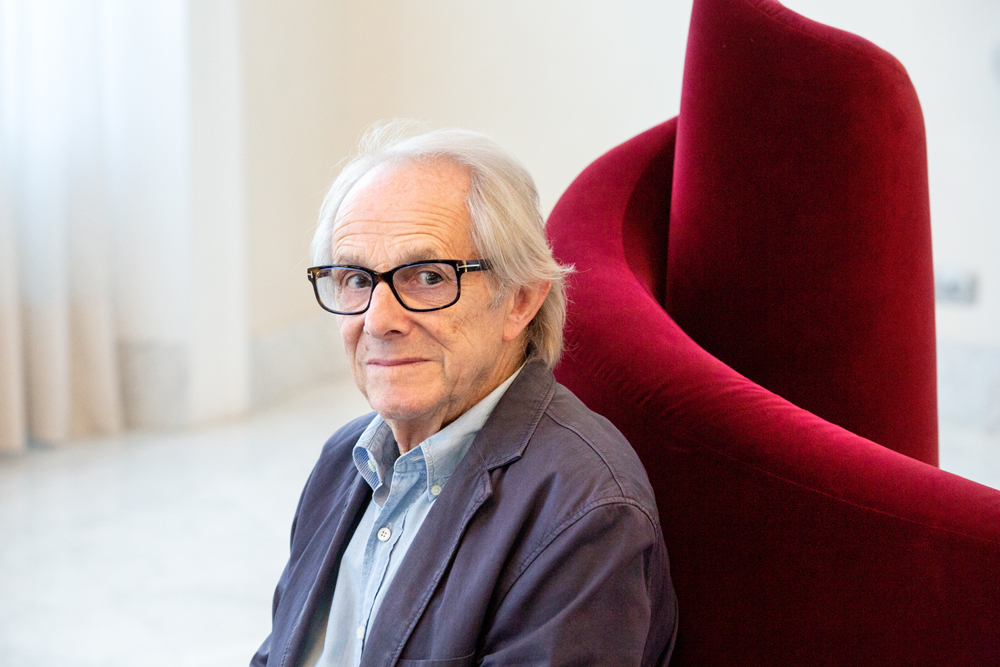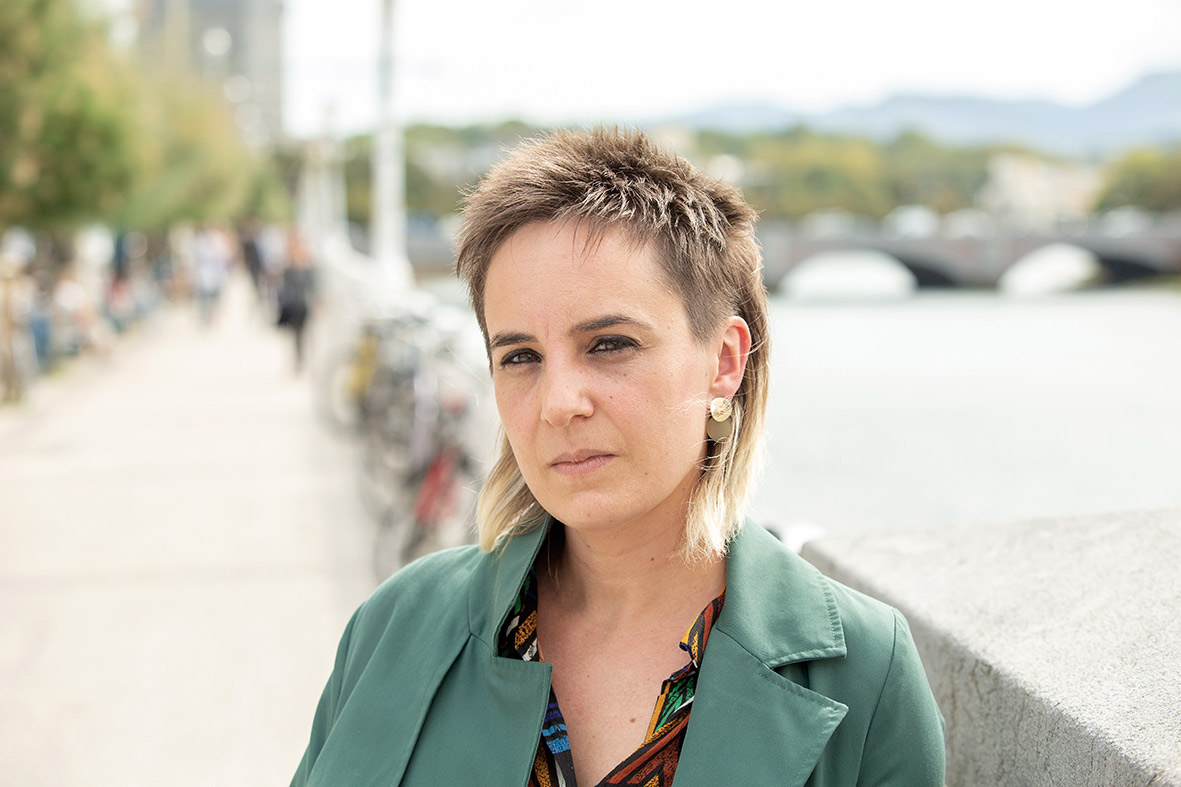Fire and maternity
- Outside the Official Section, fire has been one of the elements that has been repeated, related to pyromany in O that burns, and raised as an accident in the Chilean film Ema. In the case of Oliver Laxe's film, fire enters the painting, while Paul Larraine's film falls outside of it. In both cases, however, the issue is directly related to the main conflict. An aesthetic object like fire makes the image attractive thinking cinematographically.

Macrostructures and relationships with their environment have also been developed in more than one film. On the one hand, Urpean Lurra explores the memory and dreams of those who lived the struggle against the Itoiz reservoir. The film Giraffe, which is premiered in the Zabaltegi-Tabakalera section, focuses on the tunnel to be joined by Denmark and Germany. The milieu of l'horizon tells us about the impossible ways of exploiting a more global land and increasingly difficult rural life.
In any case, the theme that has been repeated in most departments has been motherhood, or the relationship between parents and children. Lucy + Linn is a film that contrasts normative and irresponsible motherhood, exploring the margins this experience has in the lives of women. In the same sense, the protagonist of the film Ema, previously mentioned, seeks his own way of conforming a family in which his mother cannot fit into the hegemonic model. Private fiction is a work in which Andrés Di Tella pays homage to his parents, retrieving the letters that were written and trying to understand their relationship. The short film Ama de Mateo talks about the complicity between mother and child, but also about the difficulty of understanding each other. In the film Diu jiu tian chang are reflected the parents trying to fill the gap left by the baby they have lost. Finally, as far as Argentina is concerned, Good intentions are told the story of three brothers who have a separated father who develops as an autofiction biography. The theme invites us to reflect from different points of view on the bridge between these relations and cinema. One can think of how he combines the time of the filmmaker with that of the mother (father), and if that has weight when choosing the subject. In this case, it is also important that relationships be universal: in short, we are all (being) mothers and fathers, children, grandparents and grandmothers... and we know some of the issues that this entails.
In one way or another, the themes that are repeated always attract attention, as the director takes the main axes of the creative process for months and years. It is better for them to be the subjects they are going through, at least initially. In the end, you may not want to know more about it. Or yes, and in a second they will delve into the topic discussed in the first. In any event, it will have to be seen whether or not next year will change the issues we have seen this year. It can be a sign that the interests of society change. Meanwhile, to reclaim life beyond the screen.























